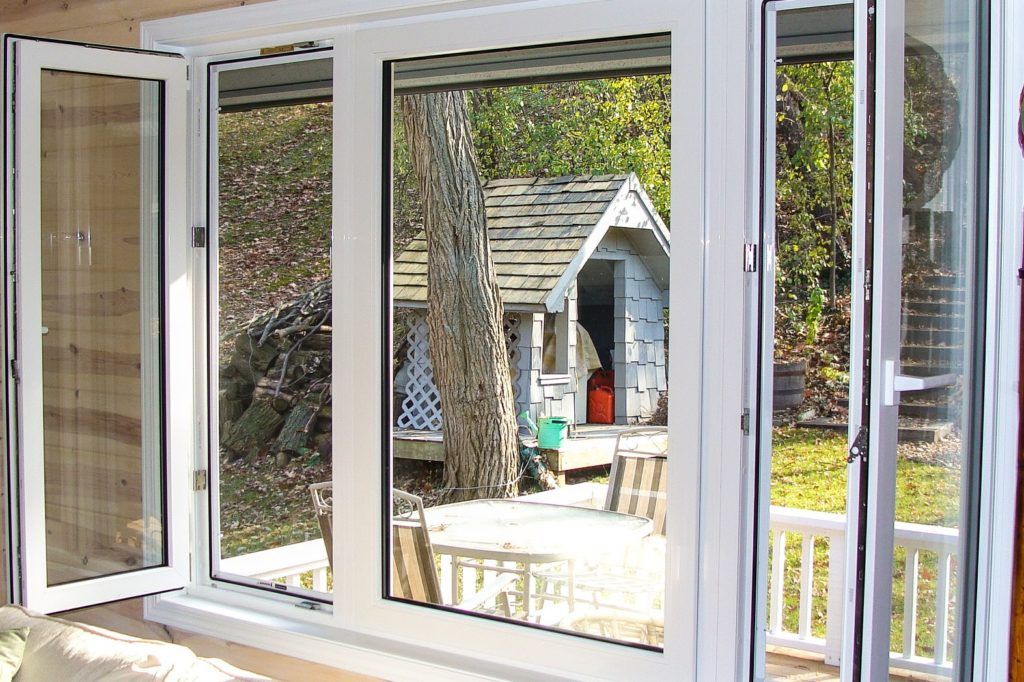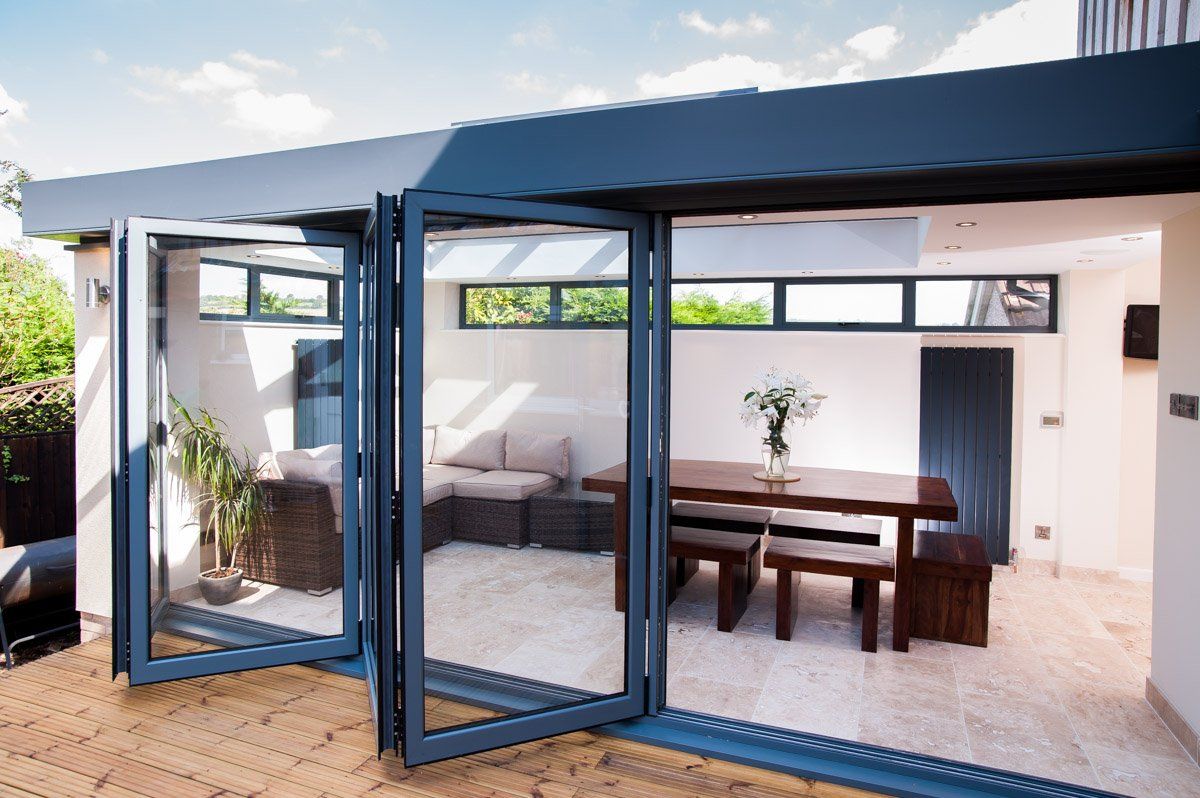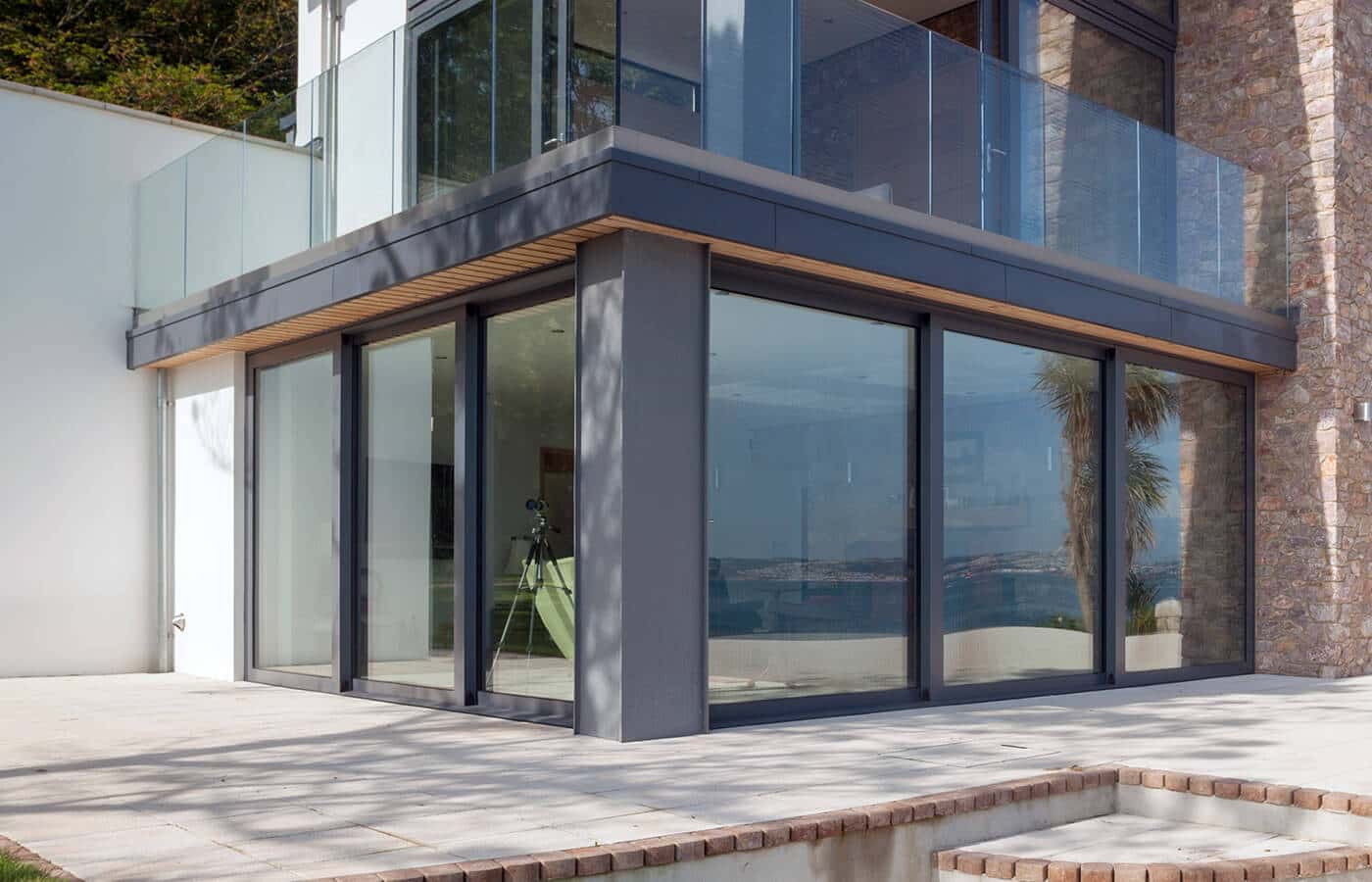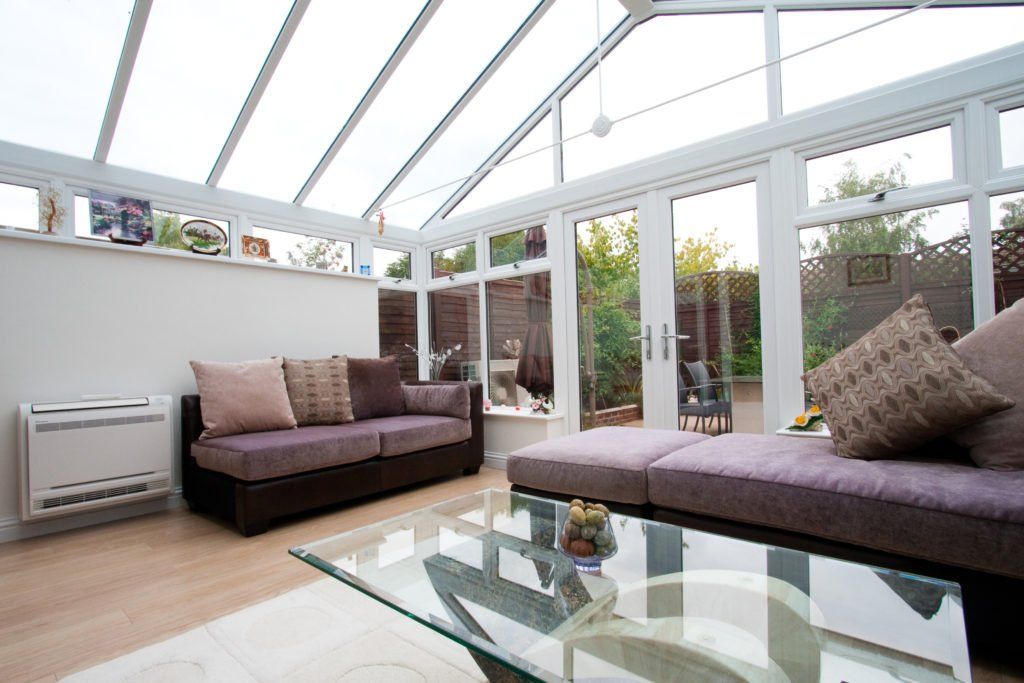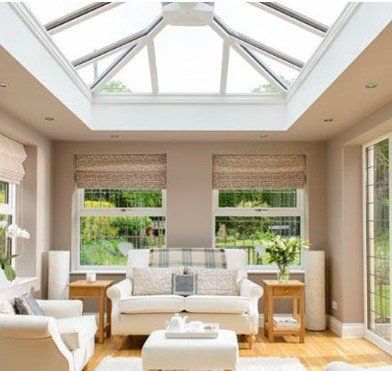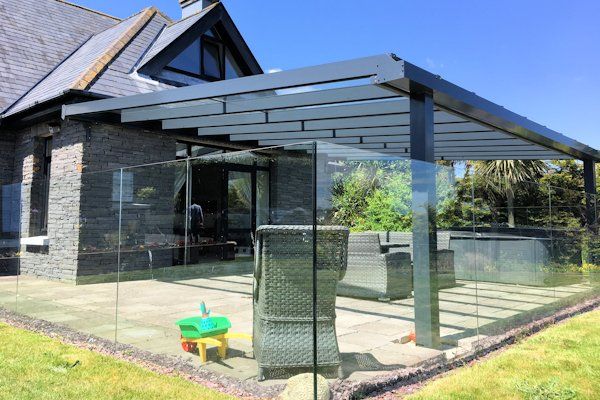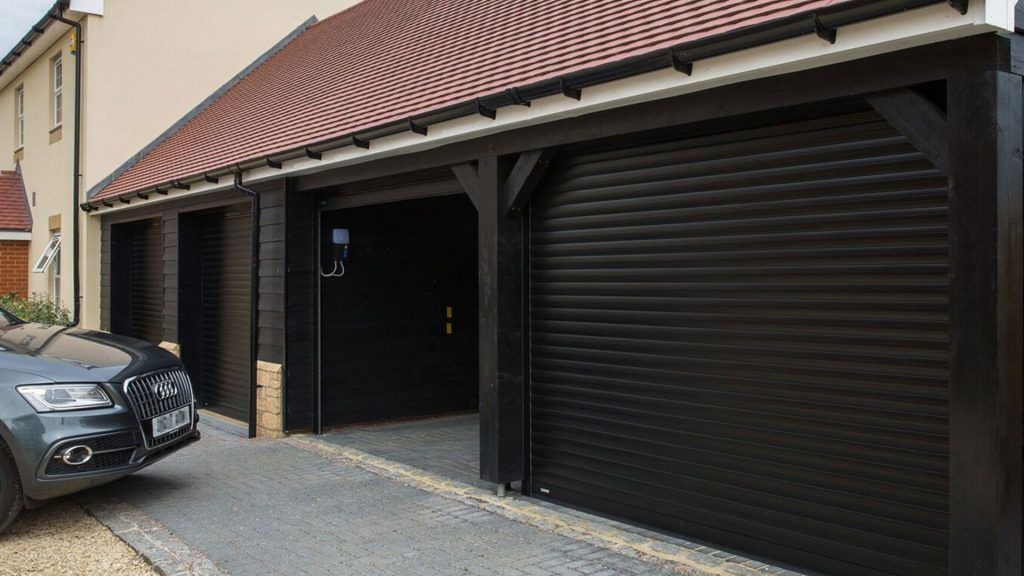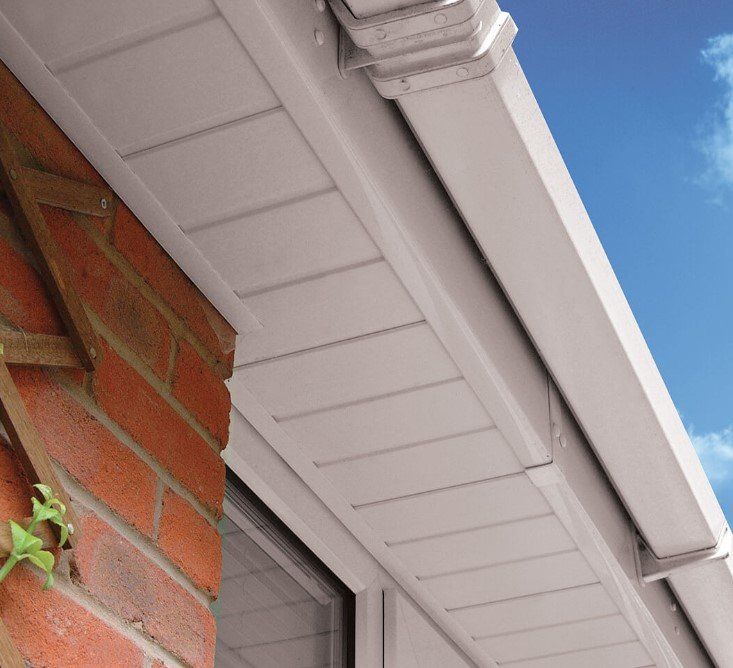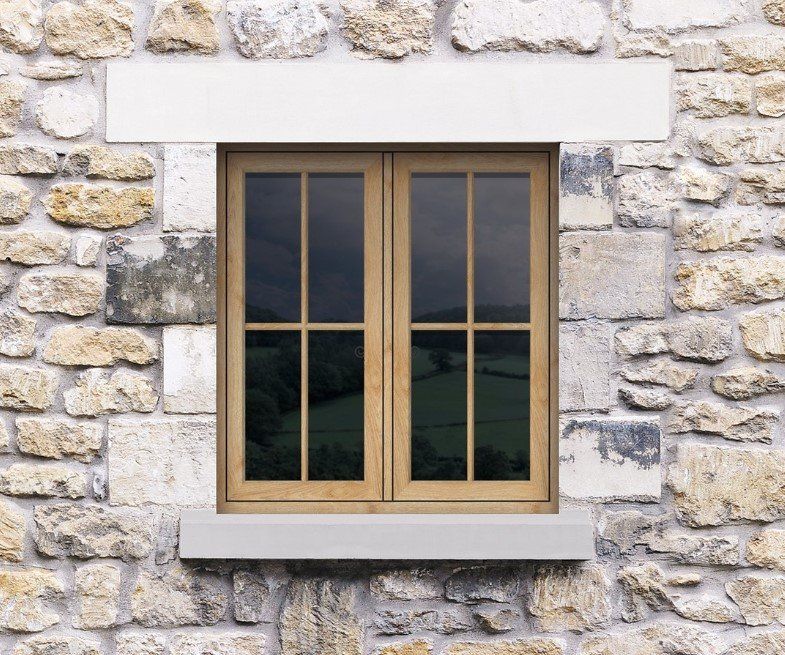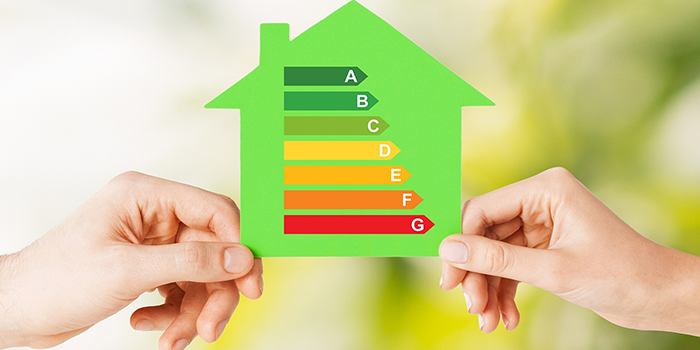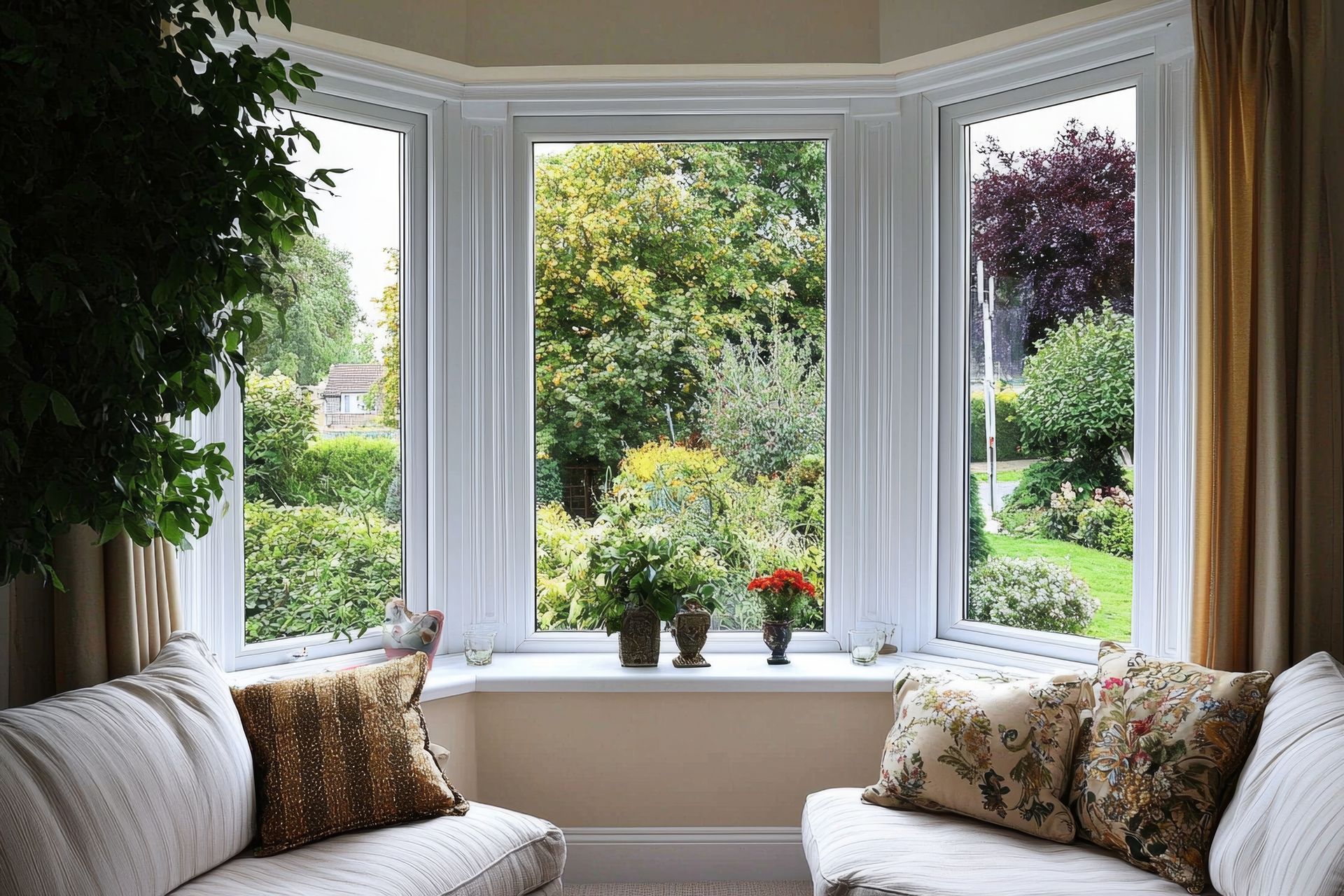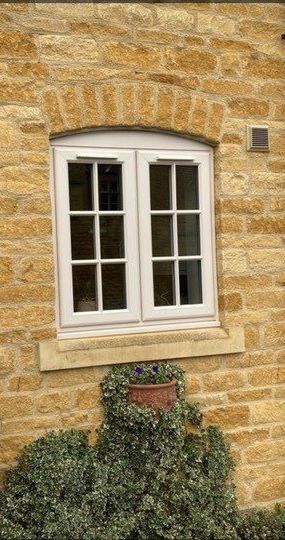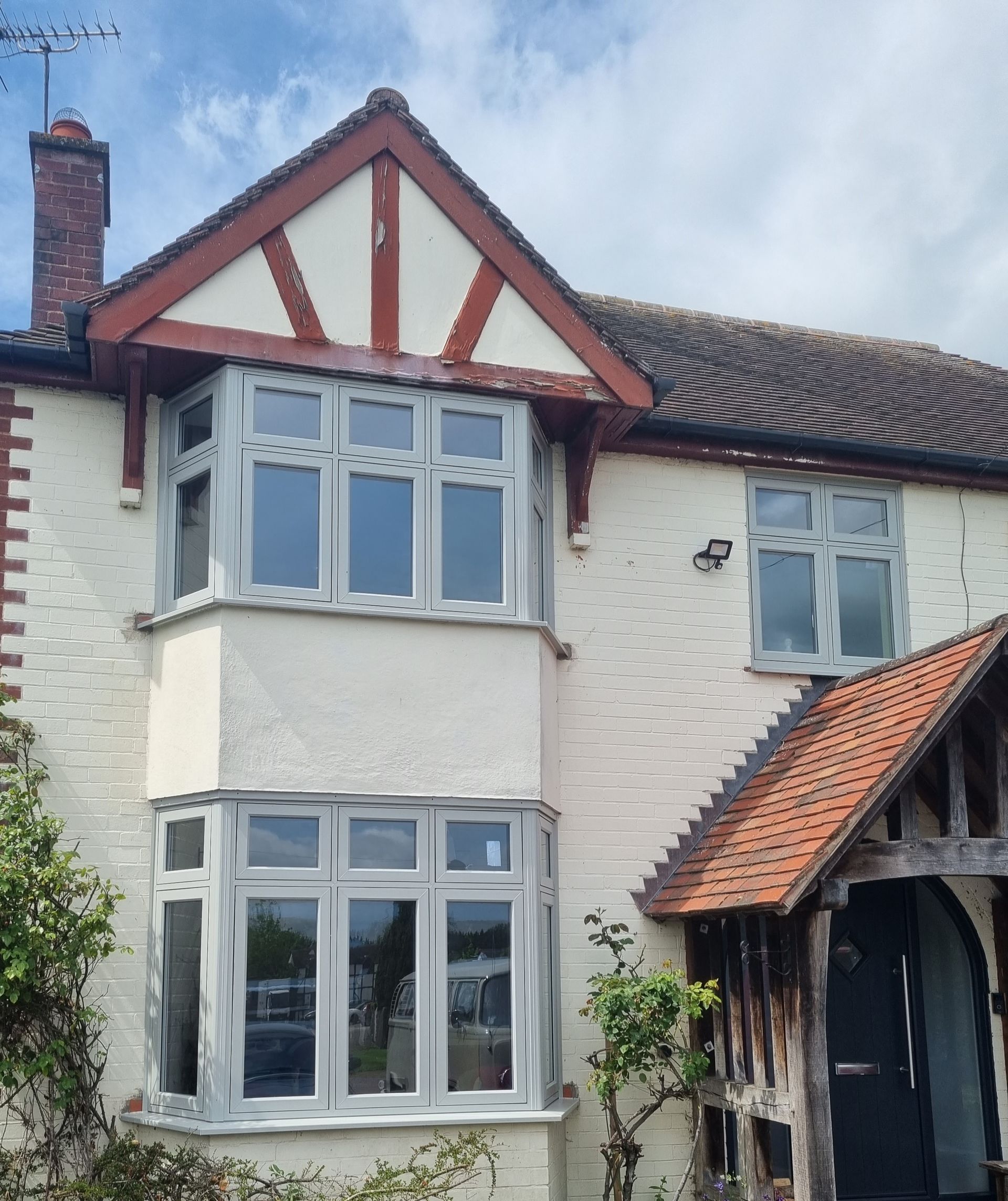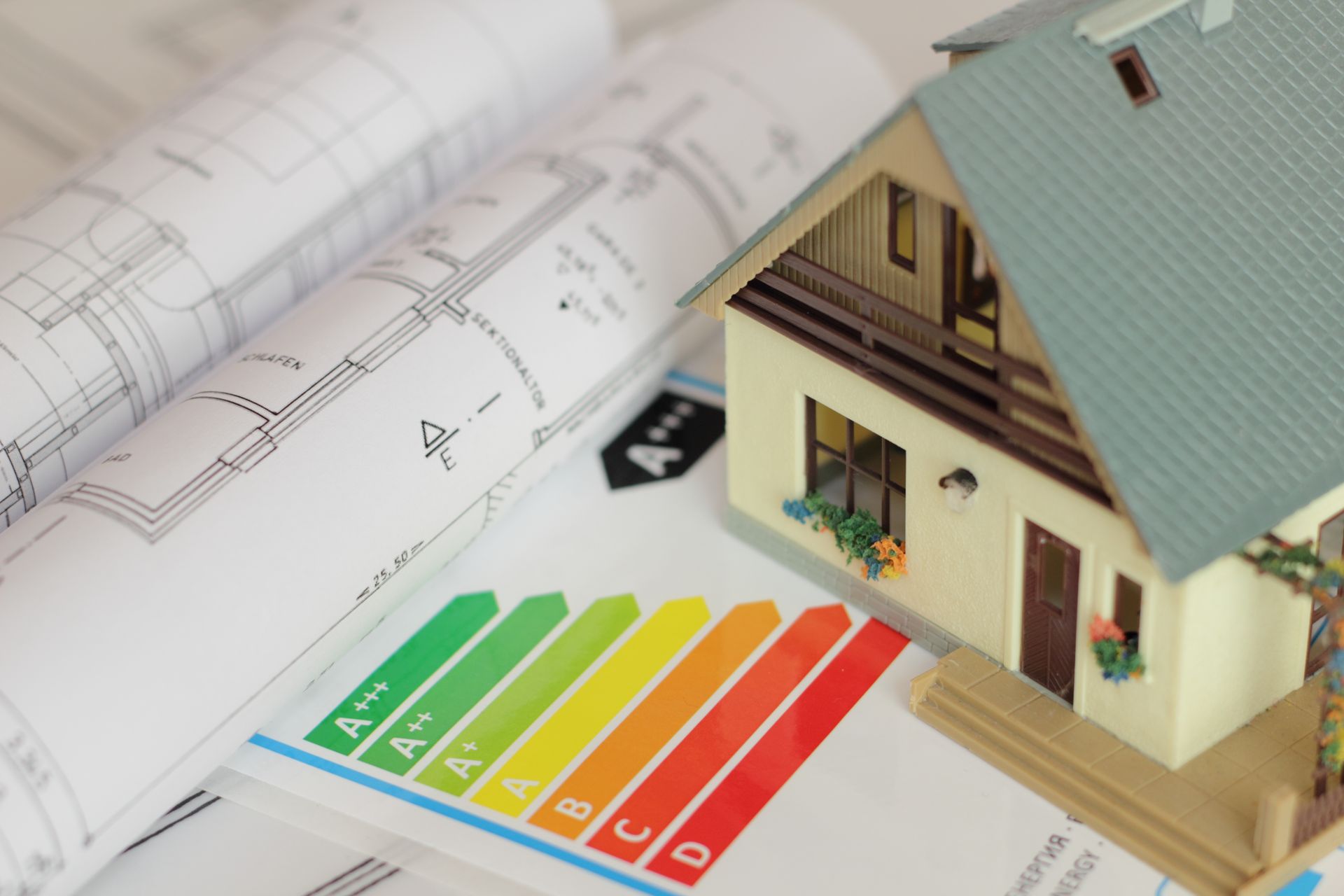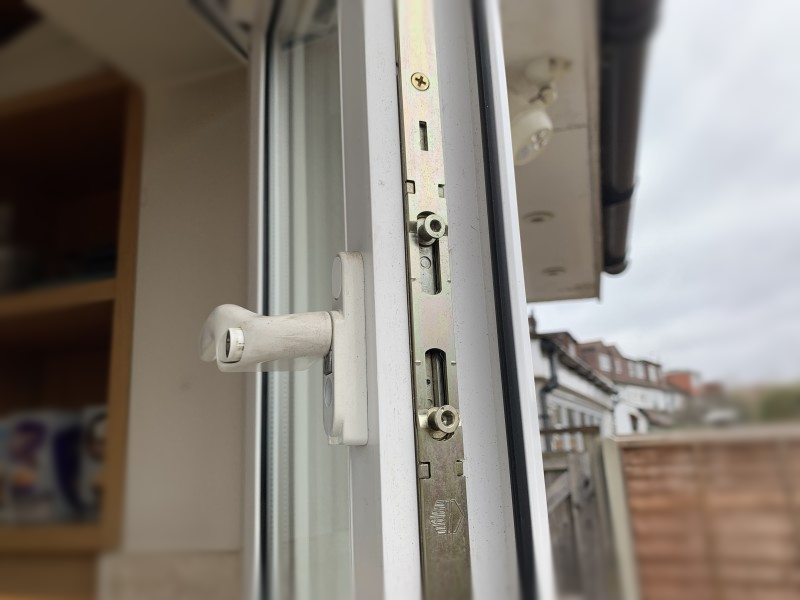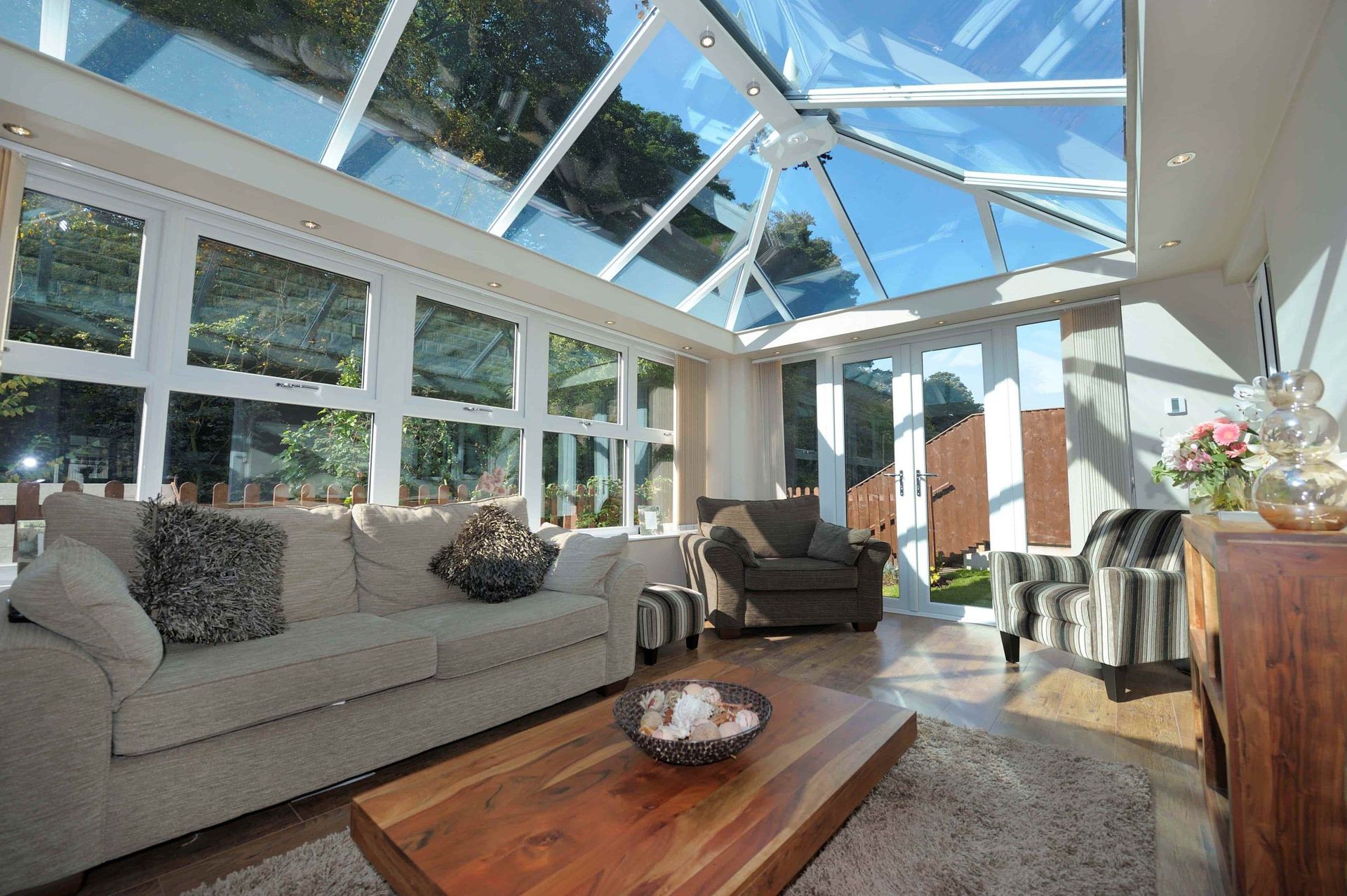How Much Does Double Glazing Really Save on Energy Bills?
Some images in our blogs are for illustration purposes!
How Much Can Double Glazing Save You on Energy Bills? | Prior Products
Introduction to Energy Savings with Double Glazing
With rising energy costs and environmental concerns, more UK homeowners are seeking ways to improve energy efficiency and reduce their carbon footprint. One highly effective solution is double glazing, which significantly reduces heat loss through windows and, in turn, lowers energy consumption. Double glazing works by trapping a layer of air (or an inert gas like argon) between two glass panes, providing an insulating barrier that prevents heat from escaping in winter and keeps it out in summer. This thermal barrier enhances indoor comfort and lessens the need for constant heating, leading to notable energy bill savings.
Factors Affecting Savings
While double glazing is generally beneficial, the exact amount you’ll save depends on various factors, including room insulation, window quality, and even where your property is located.
Room Insulation and Window Quality
The effectiveness of double glazing is maximized when combined with good overall insulation in the home. For example, properties with loft and wall insulation will retain heat more effectively, allowing double-glazed windows to play a more significant role in maintaining warmth. Additionally, the quality of double-glazed windows can vary, with higher-rated windows providing better insulation.
Location and Climate Impact
The location of your home also affects the savings potential. In colder regions of the UK, where heating is a greater necessity, double glazing can lead to more substantial energy savings. In moderate climates, while the savings might be less dramatic, double glazing still contributes to a more comfortable indoor temperature and energy efficiency.
Understanding U-Values and Energy Ratings
When considering double glazing options, U-values and energy ratings are crucial. A U-value measures the rate of heat transfer; the lower the U-value, the better the window insulates. Standard double glazing often has a U-value between 1.2 and 3.5 W/m²K, while triple glazing can go even lower. Look for windows with a British Fenestration Rating Council (BFRC) rating of A+ or higher for optimal energy savings.
Example Savings Based on Property Types
To give you a clearer picture of potential savings, here are some typical annual savings estimates for different UK property types that switch from single to double glazing:
Detached House: Up to £235 per year
Semi-Detached House: Around £140 per year
Mid-Terrace House: Approximately £125 per year
Bungalow: Around £100 per year
Flat: About £95 per year
These estimates provide a general idea of potential savings; however, actual savings will vary depending on the specific factors affecting your property, as mentioned above. Nonetheless, for most homes, double glazing presents a worthwhile investment for those looking to reduce their monthly expenses and improve home energy efficiency.
Additional Benefits Beyond Savings
While energy savings are a major reason homeowners choose double glazing, there are other benefits that make it an even more attractive investment.
Noise Reduction
Double glazing doesn’t only help with temperature regulation; it also acts as a sound barrier, reducing external noise. This is particularly valuable for homes in noisy areas or near busy roads. The insulating gap between the panes of glass helps to dampen sound waves, leading to a quieter and more serene indoor environment.
Enhanced Security
Double-glazed windows are much harder to break than single-glazed alternatives, making them a good option for enhancing home security. The extra layer of glass adds durability, and modern double glazing often includes multi-point locking systems for added protection. With these features, you can feel more secure in your home while enjoying energy savings.
Environmental Benefits
Double glazing also has environmental advantages. By reducing the amount of energy required to heat or cool your home, you’re lowering your household’s carbon footprint. The reduced energy demand means fewer fossil fuels are burned, contributing to a cleaner environment. For eco-conscious homeowners, this aspect of double glazing is an important factor.
Conclusion and ROI Calculation Tips
Given the significant benefits of double glazing, many homeowners consider it an investment rather than a mere expense. When evaluating the return on investment (ROI) for double glazing, it’s essential to factor in not only the energy savings but also the added value to your property, increased security, and improved comfort.
To estimate your ROI:
Calculate Your Annual Energy Savings
Based on your home type and location, you can refer to the potential savings examples above.
- Compare Installation Costs
Installation costs vary based on window quality, frame material, and number of windows. Get multiple quotes to ensure competitive pricing.
- Factor in Longevity and Maintenance
Double glazing is a long-term investment that can last 20 years or more, especially with proper maintenance.
- Consider Property Value Increases
Homes with double glazing are more attractive on the market, and potential buyers often see it as a valuable feature, enhancing property value.
Final Thoughts
By investing in high-quality double glazing from a reputable supplier like Prior Products, you can enjoy significant energy savings, a quieter home, enhanced security, and a reduced environmental impact. Double glazing doesn’t just benefit you in the short term; it’s a smart, forward-thinking decision that supports comfort, savings, and eco-friendly living for years to come.
